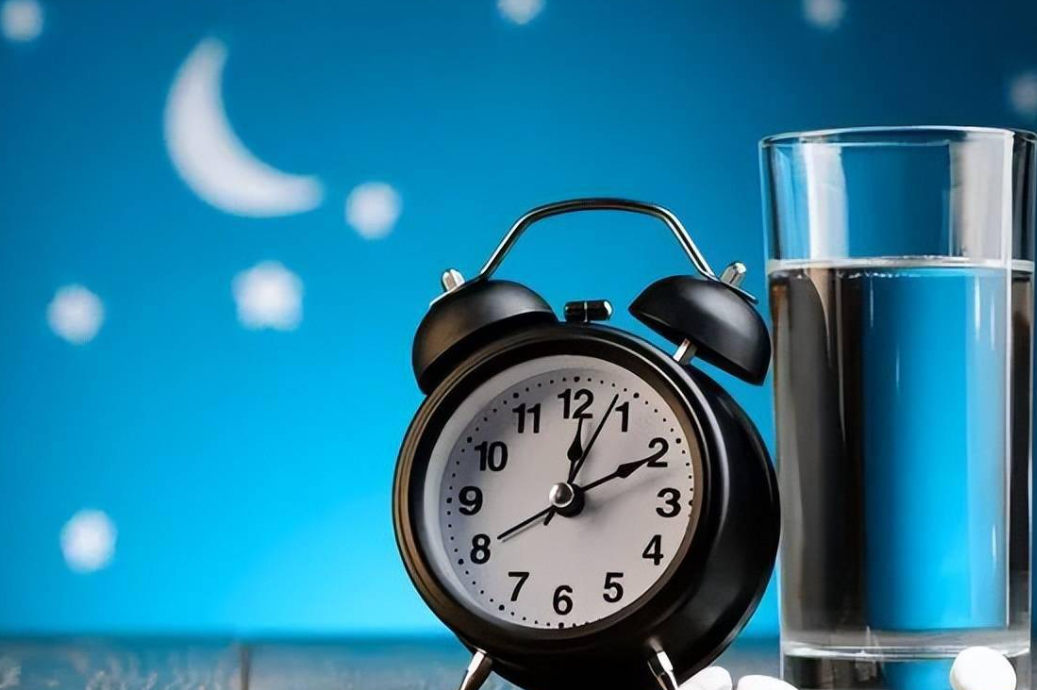
As a modern person who is subjected to sleep consultation, in the matter of sleep, there is really some happiness.
Bats sleep 19.9 hours a day, cats have 14.5 hours of super sleep, chimpanzees and monkeys are also far ahead at 9.5 hours, and it's a surprising fact that among primates, we sleep the least.
Sleep is known to have an important impact on memory, immune function and all aspects of health, and one evolutionary anthropologist believes that we should sleep 9.5 hours a day for our brains, body fat, and diet.
Why is there such a big gap between ideal and reality? There must be something strange going on...
To observe human sleep, hunter-gatherers may be closer to our primitive ancestors, who often fell asleep 3.3 hours after sunset and woke up before sunrise, sleeping only 5.7-7.1 hours a day.So what makes human sleep different from chimpanzees and other great apes, resulting in more "efficient" sleep in exchange for more waking hours?
Scientists believe that at some point, our ancestors decided to transition from trees to life on the ground, including sleep. This means giving up all the benefits of sleeping in a tree and facing the threat of predators at night. This allows humans to sleep less than primates living in trees.
How can you survive a long night without sleep?
Scientists theorize that humans may spend some of their sleep sharing information and culture around a fire.
At night, people find something more beneficial than rest. Gradually, more important things than rest accumulate at night... We also have less and less time for sleep.
But given the same amount of sleep, modern city people have all the health problems that hunter-gatherers have all disappeared.
They were also satisfied with the quality of their sleep.
They rarely had insomnia, and the primitive tribes the researchers looked at didn't even have a language for sleep disorders.
Only 1.5 to 2.5 percent of people experience insomnia once a year.
There is reason to believe that modern lifestyles have spread insomnia among the population. Psychosocial stressors, alcohol consumption, smoking, and physical inactivity are all inextricably linked to sleep disorders.
In addition, the use of electronic devices in the bedroom during sleep and exposure to blue light have been identified as potential causes of disturbed sleep rhythms.
Anxiety arises when people stay up late and think about the impact of reduced sleep on their lives the next day.
We focus a lot of attention and energy on sleep, but what about hunter-gatherers?
They don't think about getting enough sleep, they just sleep.

